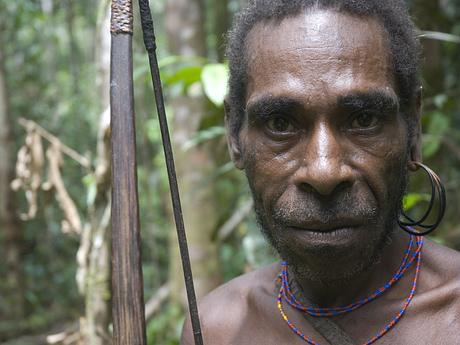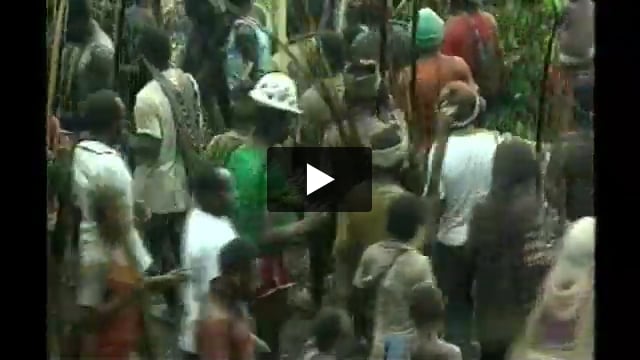Papuan leader killed amid military build-up
January 31, 2002
This page was last updated in 2002 and may contain language which is now outdated.
All the Papuan peoples have suffered greatly under the Indonesian occupation which has been in force since 1963. The Indonesian army has a long history of human rights violations against the Papuans – including killings, arbitrary arrests, rape and torture – and Papua's natural resources are being exploited at great profit for the Indonesian government and foreign businesses, but at the expense of the Papuan peoples and their homelands.
Those Papuans who protest against the Indonesian government, the military or 'vital projects' are even more likely to experience abuses of their human rights. Last November, Theys Eluay, chief of Papua's Sentani tribe and an important political leader, was assassinated; Eluay had been calling for Papua's independence from Indonesia. Local human rights organisations and the police believe that members of the army's special forces, Kopassus, were responsible. The Papuan people are demanding an independent investigation to find both those responsible and their motive – failure to do this has caused great anger and resentment. Leading Papuan human rights workers have also heard recently that they are on assassination 'hit lists'.
The new Indonesian president has adopted an uncompromising attitude to the Papuans' desire for independence, breaking off dialogue on the issue. In November 2001, the government announced that 50 more battalions of army and police would be sent to Papua and other areas of conflict. The rapid military build-up will result in even more intimidation, murder and torture of Papua's 1.2 million tribal people. Please write to the Indonesian government expressing your concerns about this situation.



